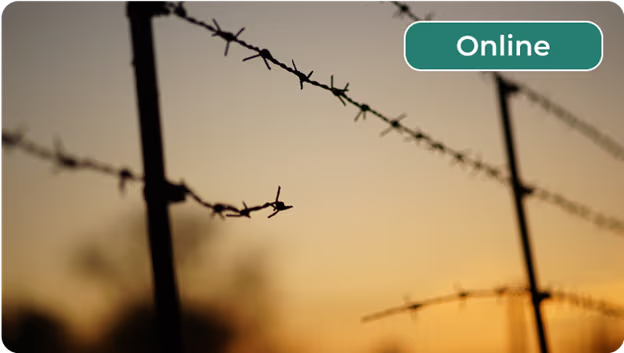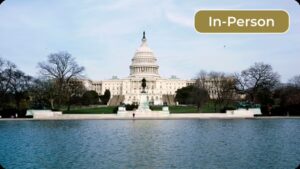Description
The Law of Armed Conflict, Genocide,
and Other War Crimes
Description
Ethical and moral dimensions of war and peace have indelibly imprinted on the Law of Armed Conflict (LOAC), also known as International Humanitarian Law (IHL), is an area of public international law. LOAC is responsible for regulating the conduct of armed hostilities, balancing state aspirations to prevent unnecessary suffering and destruction while effectively keeping or enforcing peace and waging war when necessary.
An academic and practical approach to the legal, ethical and moral imperatives of LOAC will provide attendees with an invaluable perspective on historical, contemporary, and future events in the United States, Ukraine, the Middle East, and around the globe.
A summary of the course coverage includes:
Ethical and Moral Dimensions of War and Peace
What is the LOAC and When Does It Apply?
Responsibilities of Commanders and Individual Servicemembers
The Core Contemporary Principles of the LOAC
The Conduct of Hostilities and Cessation of Hostilities
Protected Persons and Places
Violations of the LOAC: Genocide and Other War Crimes
Course Details
| Modality | Online |
| Price | 129.00 |
| OH CLE | 6.0 Credits |
| WV CLE | 7.2 Attendance |
| PA CLE | 3.0 Ethics 3.0 Substantive |
| Presenter | Kevin H. Govern, J.D., LL.M. |
Register
Kevin Govern
Kevin began his legal career as an Army Judge Advocate, serving 20 years at every echelon during peacetime and war in worldwide assignments involving every legal discipline. He has also served as an Assistant Professor of Law at the United States Military Academy and has taught at Franciscan University of Steubenville, California University of Pennsylvania, and John Jay College of Criminal Justice. He has published widely and spoken frequently on international and comparative law, national security and homeland security, cyber security and cyber defense, military operations, law and religion, and professional ethics.
*All courses are approved for continuing legal education by state authorizing bodies and are not courses for academic credit.
Want to know more?
Reach out to Dr. Charles Nemeth, Program Director, who would be happy to assist.















